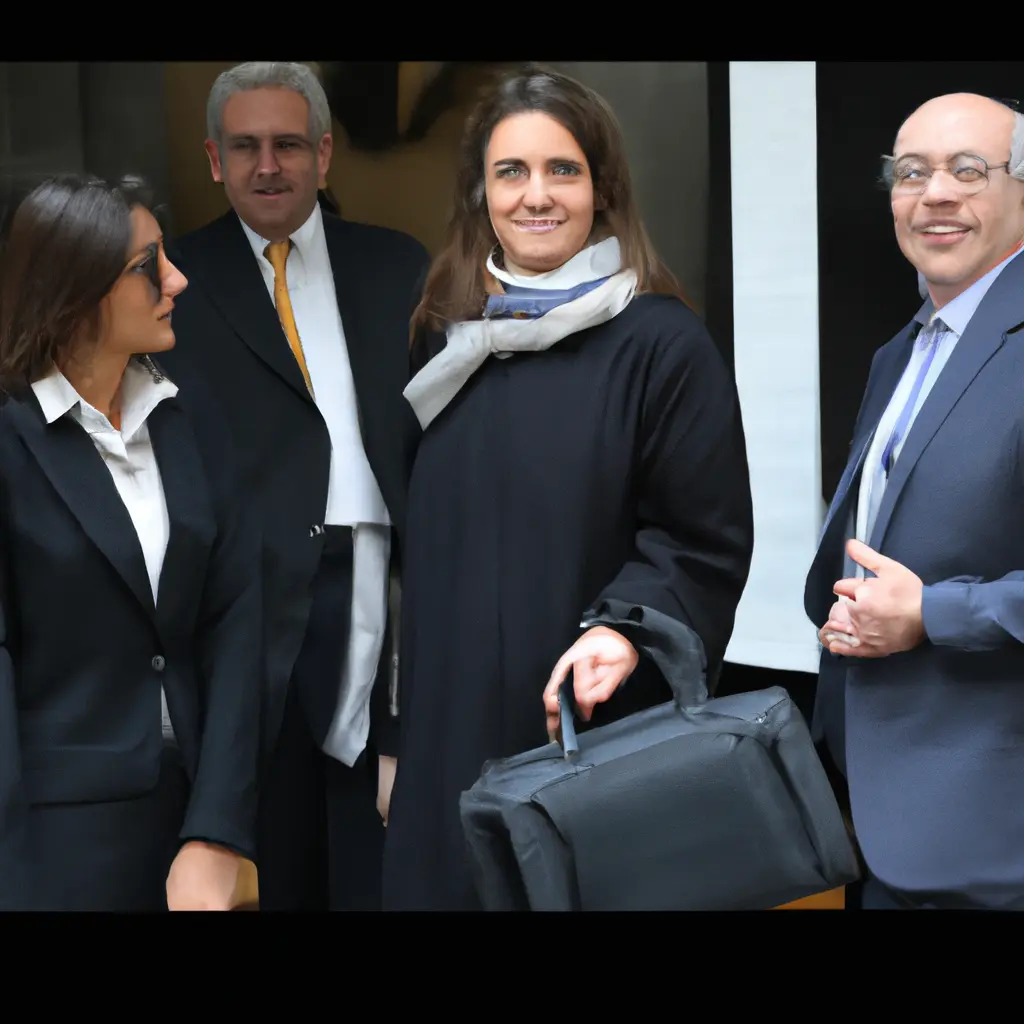French billionaire collector facing trial for tax fraud

Fifth-generation art collector Guy Wildenstein will appear before a French court again this week. Here's how one of the world's most powerful art dynasties became embroiled in a multi-generational tax fraud case.
French art dealer Guy Wildenstein, who heads one of the world's most powerful art families in the death of his father in 2001, will appear in court again in Paris this week to fight charges of massive tax fraud and money laundering. It is the third time French prosecutors have gone after the family, accusing them of orchestrating "the longest and most complex tax fraud" in modern French history. If found guilty, they will have to pay up to 1 billion euros in tax arrears and fines. The trial began Sept. 18 and is expected to last until Oct. 4. Wildenstein's co-defendants include family lawyers, asset managers, a notary, his nephew and former sister-in-law.
The news covers the long-running case of French art dealer Guy Wildenstein and his family, who are accused of massive tax fraud and money laundering.
The Wildensteins are a family of French-American art collectors that spans five generations and 150 years. Their collection is valued in the billions and includes works by such great artists as Caravaggio, Picasso, Monet and Rembrandt. The collection is scattered all over the world - in nuclear shelters, free ports, safes and on loan to several public museums. They also own Wildenstein & Co. galleries in New York and Tokyo, and have real estate around the world.
Family patriarch Daniel Wildenstein was famously secretive about the family fortune - his death in 2001 was the beginning of their legal troubles. In addition to tax fraud and money laundering, the Wildensteins were also investigated for having stolen art after French authorities searched their art research center in Paris in 2011 and seized about 30 works that had been reported stolen or missing.
The Wildensteins - Guy and Alec - are accused of undervaluing their assets to avoid inheritance tax after the patriarch's death in 2001. In 2001, Guy and Alec claimed their father's estate was worth just 41 million euros at the time of his death, omitting the family's properties in the Caribbean and Kenya, as well as many priceless works of art. Their family secrets were revealed after the brothers refused to pay a share of their father's fortune to his widow, former model Sylvia Wildenstein.
14 May 2025
14 May 2025




The French government is now using evidence from Sylvia's case to argue that the family's trust funds are illegal and that they need to pay tax arrears on those assets, as well as a criminal fine and possible jail time. In previous trials against the Wildensteins, prosecutors have demanded payment of €616 million in tax arrears and a fine of €250 million, as well as Guy's imprisonment. Guy was acquitted twice in trials that took place in 2017 and 2018. The court's decision was based on the fact that at the time of the alleged offense, there was no law requiring Guy to declare assets held in foreign funds. But the judge in the latest trial said the family's financial situation showed a "desire to conceal" and a "clear attempt to avoid" paying taxes. Ultimately, the case was about gaps in the prosecution and loopholes in France's tax fraud laws. A law requiring the declaration of assets held in foreign funds was only passed in France in 2011, years after Daniel and Alec's deaths.
The court said the new law could not be applied retroactively. This time, prosecutors are focusing on whether the foundations were really independently managed, or whether 77-year-old Guy Wildenstein secretly managed them from behind the scenes. In France, for assets held in a trust to be exempt from tax, the fund must be "immutable," meaning the beneficiary has no right to manage it. Guy is accused of personally directing the fund's managers to carry out his will, violating the special tax status. In court on Monday, Gee denied the charge, saying he had no knowledge of his family's fund system before his father's death. "I didn't know anything before 2001," he told the court. "The fund does not belong to me."
Comment
Popular Offers

Subscribe to the newsletter from Hatamatata.com!
Subscribe to the newsletter from Hatamatata.com!
I agree to the processing of personal data and confidentiality rules of Hatamatata








